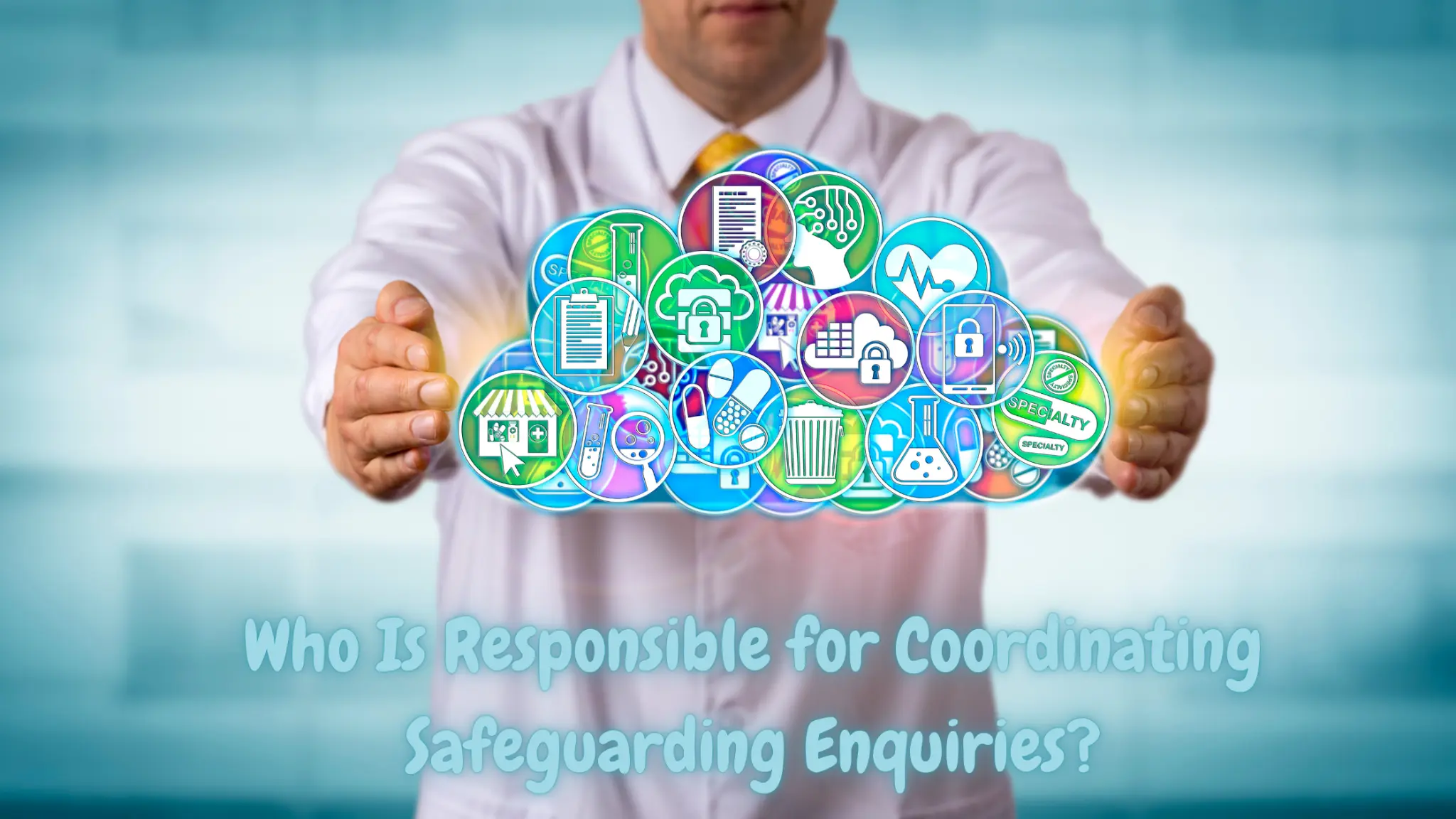Who Is Responsible for Coordinating Safeguarding Enquiries?
Safeguarding enquiries are critical investigations to protect individuals at risk of harm or abuse. These enquiries play a vital role in ensuring the safety and well-being of vulnerable populations, including children and adults who may be at risk due to various factors such as disability, age, or living conditions. Safeguarding enquiries are designed to prevent and respond to abuse, neglect, and exploitation by ensuring that appropriate measures are in place to protect those who cannot protect themselves. Effective coordination is essential in safeguarding enquiries to ensure the investigation is thorough, timely, and involves all relevant parties. This article explores who is responsible for coordinating safeguarding enquiries and the roles and responsibilities involved.
Understanding Safeguarding Enquiries
- Definition of Safeguarding Enquiries: Safe-guarding enquiries are what the name implies, formal enquiry under circumstances whereby there is a suspicion that the concerned individual is at risk or has been abused. Legal requirements demand such enquiries to safeguard those at risk of being abused, neglected or exploited. The purpose of safeguarding enquiries is to measure the hazardousness of the situation to look into what course of action should be taken to protect the person. According to the established and evolving theories, it entails information acquisition, evaluation and protective action.
- Types of Safeguarding Enquiries: These are the different categories of safeguarding enquiries depending on the risks and hazards involved. Such can concern enquires such as those involving children where there is suspicion that a child needs protection about child abuse or lack of adequate parenting. There are also enquiries to the vulnerable persons, for instance, the elder persons or those with a disability, who cannot protect themselves. Finally, safeguarding enquiries may be a result of reports on forms of abuse such as physical, emotional, financial or sexual abuse, with each case demanding unique measures to protect the individual.
Roles in Safeguarding Enquiries
- Lead Agency: The lead agency generally involved with safeguarding enquiries is from a local authority or the social services department. It is the responsibility of the lead agency to supervise the enquiry process to determine whether it conforms with the provisions of the law and the society’s acceptable standards. This agency is the one that receives and initiates the enquiry and takes all necessary measures to protect the concerned individual at risk while liaising with the other agencies.
- Safeguarding Lead or Coordinator: A safeguarding lead or coordinator typically handles the enquiry in the lead agency. The Safeguarding coordinator coordinates the inquiry process, compiling all the information and ensuring the investigation is legal. They communicate between several agencies, mediate, and ensure the enquiry is operational and smooth.
- Multi-Agency Collaboration: Safeguarding enquiries involve several organisations, which include the police, the health sector, schools and any other relevant bodies. This approach involves cooperation between various agencies in that all factors connected to the case of the individual in question are taken into account, and action that will most suit the situation is considered and take
Responsibilities of the Coordinator in Safeguarding Enquiries
- Initial Assessment and Planning: The work of the safeguarding coordinator involves performing the first part of the assessment to establish the level of risk and the enrolment process. In this phase, primary data is collected, the client’s immedate safety is evaluated, and the decision of the investigation area is determined. The coordinator must also ascertain and assign the relevant resources to conduct a proper enquiry.
- Communication and Information Sharing: Interpersonal communication skills and information exchange have been recognised as critical in protecting enquiries. The coordinator monitors and oversees several enquiries at a time, and they are expected to communicate with the various parties involved and pass information back and forth accordingly and discreetly. This is useful in maintaining the individual’s privacy while still having all his/her information for the enquiry.
- Monitoring and Reviewing Progress: The safeguarding coordinator needs to know the progress made in the enquiry and the results obtained to address the issues and adjust accordingly. This involves, for example, ensuring that something is done promptly, and that the interest of the enquiry stays on the individual in question. It means that updates about the results must be delivered to all stakeholders(such as people at risk and their families) somewhat frequently.
Challenges in Coordinating Safeguarding Enquiries
- Complexity of Cases: Co-ordinate working can be problematic in some cases because there often are several kinds of abuse or several victims in cases of child protection. Both call for personalisation regarding a given case, paying attention to the person at risk.
- Resource Constraints: The fact that many of these organisations are under-resourced, meaning that there is little funding available, few staff and often staff require specialist training to carry out the necessary work, can also lead to problems coordinating the safeguarding enquiries. Conducting practical enquiries to provide enough resources and professionals to conduct the research is essential.
- Inter-Agency Cooperation: One does not expect always to find a common goal between two or more agencies because the agencies may have different roles and objectives,, communication breakdown, and rivalry. Notably, such agencies should act in unison and be guided by the primary goal of protecting and caring for the individual.




Post Comment